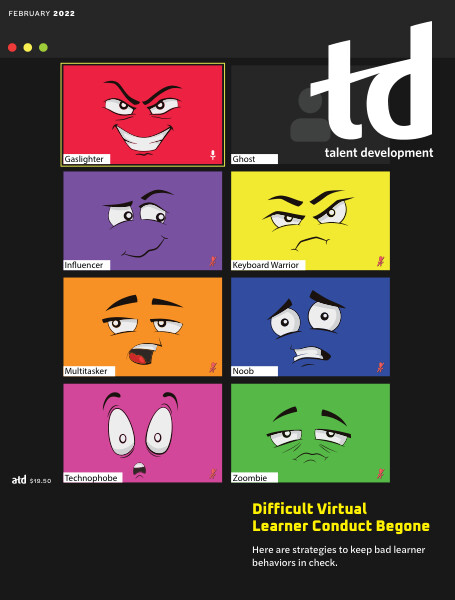TD Magazine Article
Skill the Next Generation in Leadership
Rising leaders want more feedback and more time to learn.
Mon Jan 31 2022

Bookmark
Developing the next generation of leaders is a top concern for more than half of CEOs, according to DDI's Global Leadership Forecast 2021. And rightfully so. Only 11 percent of HR respondents said their organizations have a strong pipeline of talent to fill leadership roles—an all-time low.
What do today's rising leaders need to know? Bill Hall, a thought leader in strategy execution and president of Simulation Studios, says strategic thinking capabilities are where the gap lies in the rising ranks. "This includes basic financial acumen, cross-functional mindset, and an ability to execute a corporate strategy," he explains. But they need more than a business foundation. "Without effective soft skills, the tangible skills will fail," Hall adds.
DDI's report supports that, calling out that next-generation leaders need help expanding their communication skills. They also want more coaching and feedback.
However, Hall cautions against serving up a slide deck full of case studies. He maintains learning will be lost in the shuffle. In the Forbes article "How To Deliver Business Acumen Training For Today's Learners," Hall explains that the rising generation of leaders who grew up playing video games and using computers will require a different approach to learning.
DDI researchers asked respondents about the learning modalities they want the most, and external coaching and developmental assignments topped the list. Assessments for diagnosing leadership strengths and in-person formal training were also highly desired.
One method Hall proposes is implementing manager rotations. In his article, he suggests that employers can customize the rotations for rising executives. "A big trick is to align the rotation employee with specific executives in the relative department/group," he explains. "This gives the rotation employee a day in the life of executives without introducing risk to the organization."
Further, DDI researchers note that leaders also need more time to learn. They on average report spending around 4.4 hours a week on learning but want at least three more hours a week. Feedback is likewise critical. According to DDI, employers that give rising leaders opportunities to practice and then hear feedback on their skills are nearly five times more likely to have a high-quality pipeline of future leaders.

More from ATD
